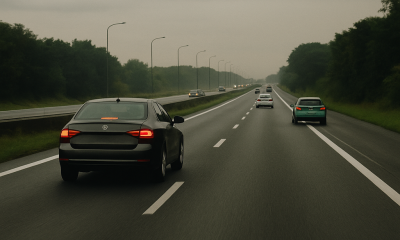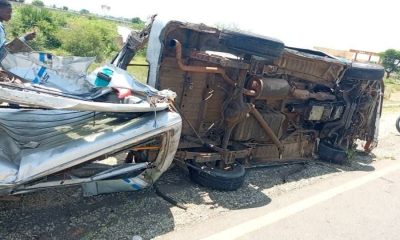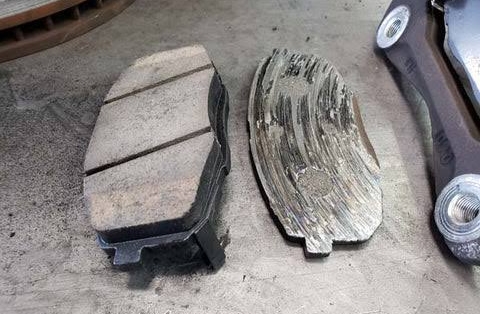Driver Training
The Little Things Drivers Do That Lead to Big Crashes in Nigeria

Even habits that seem harmless, like tapping your phone behind the wheel or glancing at roadside distractions, can significantly raise crash risk.
Here’s how:
- Distraction Checks (social media, calls).
- Speeding “Just a Bit”—common on reflective road segments.
- Rolling Through Stops—ignoring full stops at junctions.
- Tailgating—following buses or trucks too closely.
- Rolling Tires at Intersections—partial stops that mimic stopping but aren’t.
Also Read: How to avoid distractions while Driving
Global & Nigerian Context
- Globally, every 2 seconds someone is injured in a crash caused by distraction.
- In Lagos, mobile phone distractions contribute to 15% of minor crashes, per FRSC.
- Tailgating behind danfos (local buses) is a top trigger for fender-benders and sudden pile-ups.
Why These Add Up
- Rising reaction times: a 2-second distraction at 80km/h means your car travels 45 meters blind.
- Poor surroundings: faded lane lines, missing signage, no crash barriers, all worsen effects.
How to Break the Cycle
1. Phone Discipline
- Use “Do Not Disturb While Driving” mode or apps.
- Pull off safely to respond to messages.
2. Respect Safe Following Distances
- Stick to the “2‑second rule”: choose a fixed road point; count “1‑one thousand, 2‑one thousand.”
- Double it in the rain or poor visibility.
3. Complete Stops Only
- At junctions or toll gates, come to a full halt.
- Make a full stop behind the white line; rolling past is risky.
4. Slow, Steady Speed
- Focus on maintaining consistent speed instead of abrupt acceleration or braking.
- More important on Nigerian highways with variable surfaces and frequent obstacles.
5. Avoid Sudden Lane Swerves
- Check blind spots and use indicators before changing lanes.
- Don’t weave in dense traffic or overtake near junctions.
RoadKing.ng Editorial Take
Road safety isn’t only about roads or cars, it starts with driver mindset. Breaking small risky habits daily can prevent large-scale tragedies over time. It’s a simple shift that costs nothing but saves lives.























